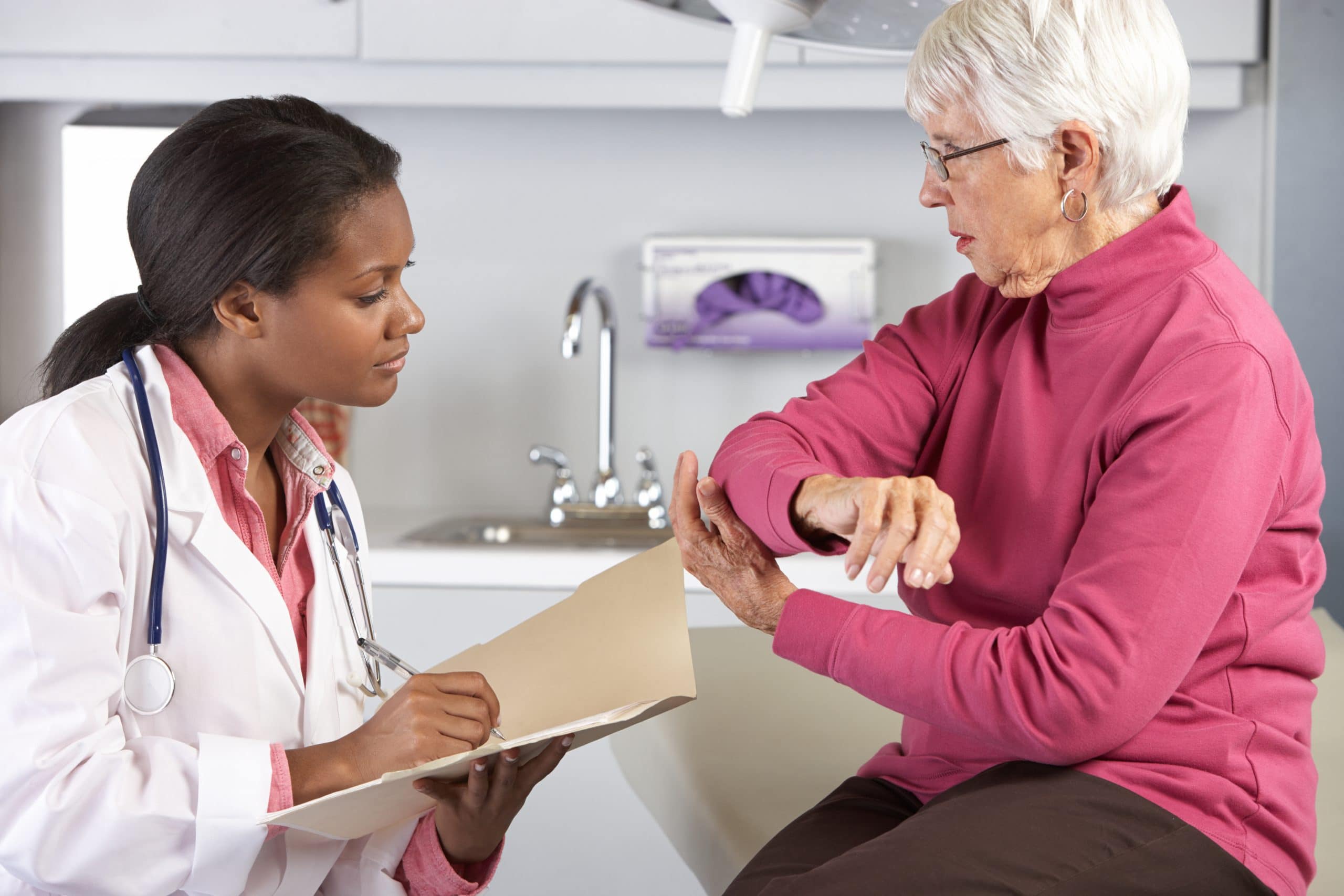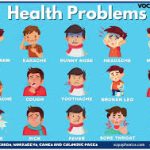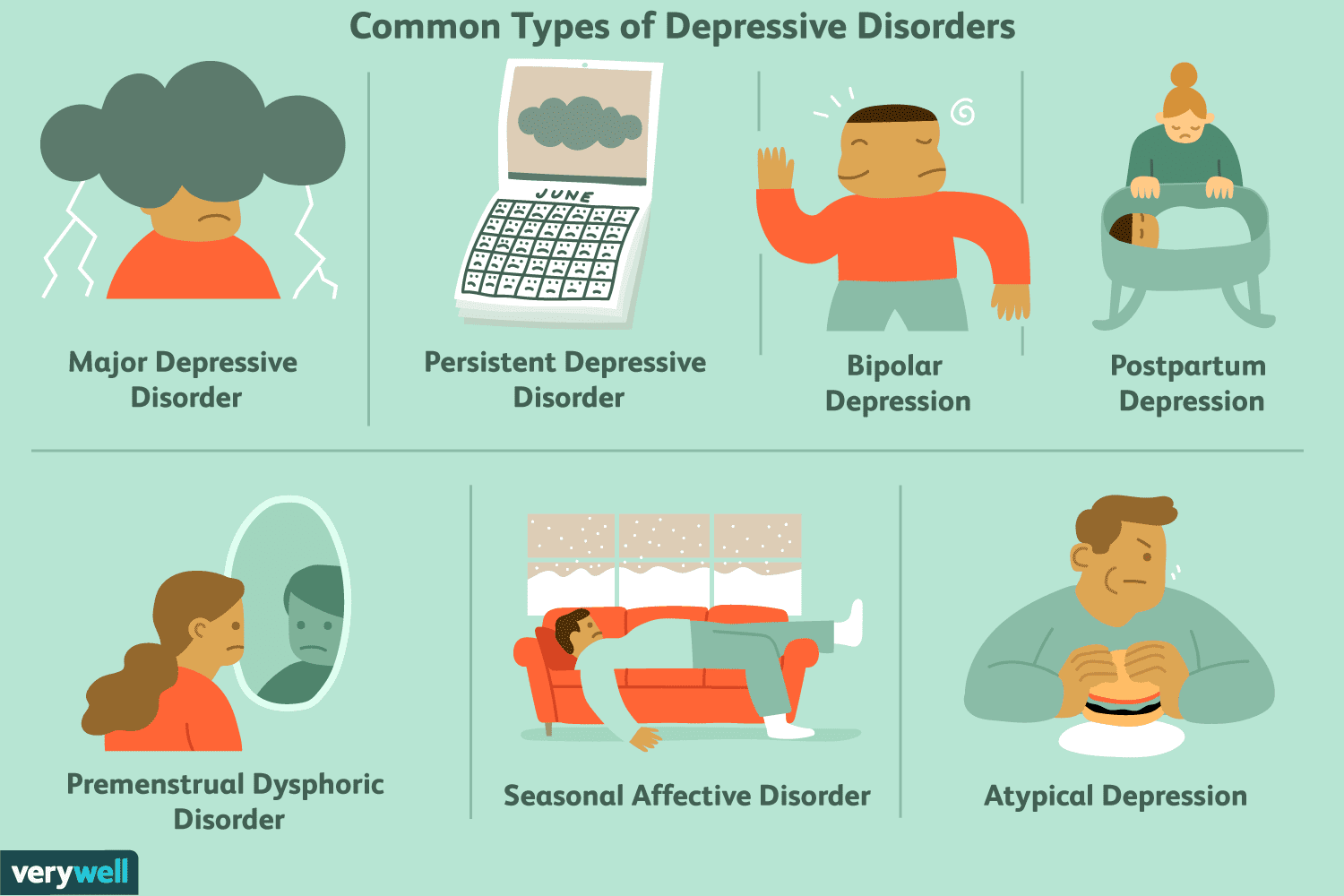Down’s syndrome
Contents
- What is Down’s syndrome?
- Advice for new parents
- How to help children and young people
- Support for adults
- Support for families and carers
- Other health conditions
Important
If you have Down’s syndrome, you should see a GP once a year for a check-up, so they can check your health.
This is because there are other health conditions you may be more likely to have.
Find out more about annual health checks.
More common health needs
Help with speech, language and communication
Children with Down’s syndrome might need some help speaking.
A speech and language therapist can help. They can:
- check if your child needs any help with their speech
- suggest things you can do to help your child with their speech
Speak to a children’s doctor (paediatrician), health visitor or GP who can refer your child to see a therapist.
Help with vision and hearing
People with Down’s syndrome will need to have their sight and hearing regularly checked.
They may need to:
- wear glasses
- have a hearing aid
- see a specialist for help if they have something called glue ear
Speak to a children’s doctor (paediatrician), health visitor or GP for more information.
Getting unwell with infections
People with Down’s syndrome are more likely to have a weakened immune system (the body’s defence system against infections). This means they can become seriously unwell when they catch any infection such as pneumonia or flu.
So it’s also important to have all the vaccinations you should get.
It can also take longer for children and adults with Down’s syndrome to get better when they are unwell. They’re also more likely to need medical help and may need to go to hospital more often.
It can be difficult to tell when a baby or toddler is seriously ill, but the main thing is to trust your instincts and get medical help if you’re worried.
You know better than anyone else what your child is usually like, so you’ll know when something is wrong.
Other conditions
Heart conditions
Doctors will check your baby’s heart soon after they’re born.
This is because about half of all children with Down’s syndrome are born with a heart condition (congenital heart disease).
If your baby has a heart condition it can sometimes get better on its own. But sometimes surgery is needed.
Speak to a children’s doctor (paediatrician) to find out the next steps for your baby’s care.
Autism
Some people with Down’s syndrome can also have autism.
Common signs of autism include:
- finding it hard to understand what others are thinking or feeling
- getting very anxious about social situations
- finding it hard to make friends or preferring to be on your own
Find out more about signs of autism.
Alzheimer’s and dementia
Adults with Down’s syndrome should have regular check-ups from about the age of 30 to look for any possible signs of dementia.
This is because they can develop dementia at a younger age.
It can help to look out for signs such as:
- not being able to remember new things
- getting confused more easily
- finding it harder to understand what people are saying
Often these signs can be linked to conditions other than dementia.
But if you think someone you know is showing signs of dementia encourage them to speak to a GP.




